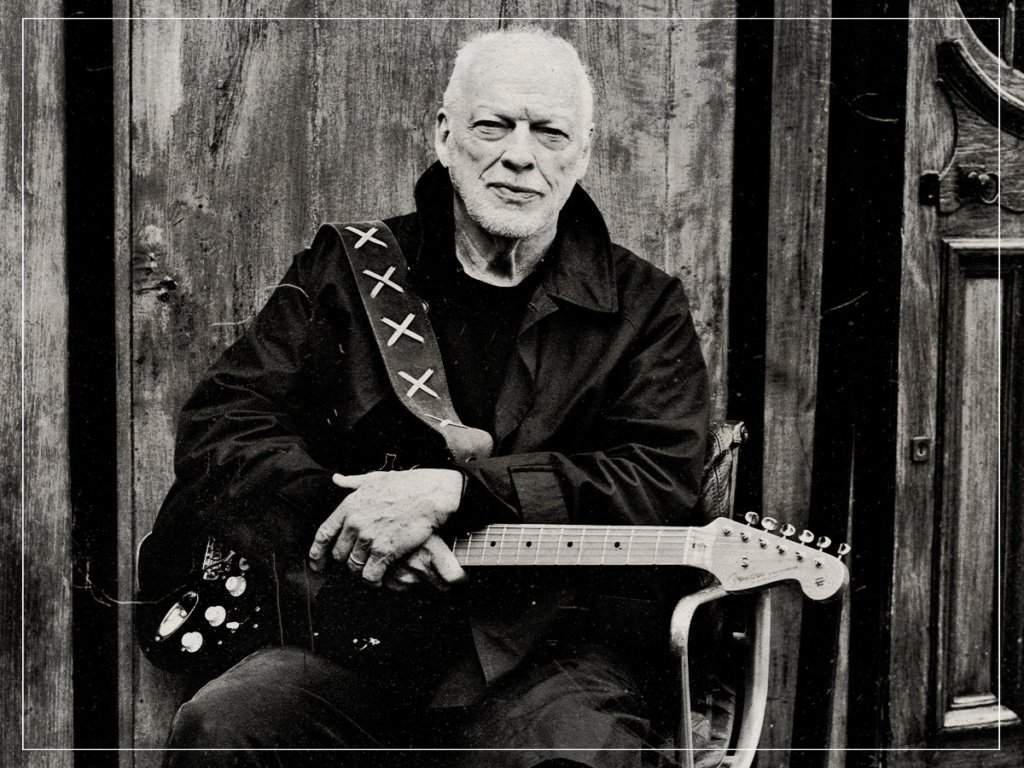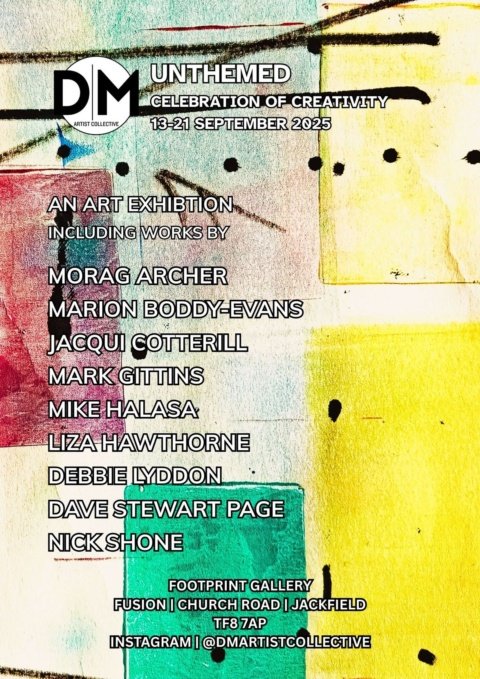
(Credits: Far Out / Anton_Corbijn)
Music has the potential to change the world. Pink Floyd, in some sense, owe their success to the potential influence of music.
A lot of the time, you hear criticisms about psychedelic music because people think that it tries too hard to be weird and experimental without focusing on being coherent. Even band member Roger Waters had an issue with some of Pink Floyd’s early material, such as Piper at the Gates of Dawn, because he felt there was too much of a reliance on being experimental.
“I don’t want to go back to those times at all,” he said when talking about the album that so many fans adore. “There wasn’t anything ‘grand’ about it’. We were laughable. We were useless. We couldn’t play at all, so we had to do something stupid and ‘experimental’.”
While Waters might not be a big fan of the experimentation that was present in some of the bands early work, it helped them get the attention of major record labels, who towards the end of the ‘60s wanted to focus more on artists whose music couldn’t be construed as political. At the end of the decade, politics was in a whirlwind, as the war in Vietnam raged on and a number of influential political figures had been assassinated. Music, which had so often been unifying, was starting to take political sides, and while this might be noble, in the eyes of record labels, it was damaging, as artists essentially halved their potential audience.
This is clear evidence that music has the ability to change the world, as its political influence couldn’t be underestimated. Labels instead opted to focus on psychedelic bands at the end of the ‘60s given the experimental approach felt safer, as it didn’t seem to pick a side on the political spectrum. Of course, this new psychedelic movement also changed the world in its own unique way, as David Gilmour, Pink Floyd, and other psychedelic artists ushered in a new style of music whose influence you can still hear today.
Despite his influence being clear, Gilmour probably wouldn’t agree that he changed the world. When he was asked about artists who had done so, he referenced two specific examples, but even felt slightly hesitant to fully embrace them as global influences, given a lot of the things that they advocated for are things which people still advocate for. He spoke specifically about The Beatles, Bob Dylan, and the various peaceful campaigns that occurred throughout the ‘60s. Noble causes, sure, but despite the influence of those artists, Gilmour noted that they are topics people still talk about and fight for to this day.
“I’m sure we all get very high faluten ideas about how much it’s changed the world. Certainly, in early 60s,” said Gilmour, “I don’t know what you wanna describe as Rock ‘n’ Roll, but I certainly thought that 60s stuff, Bob Dylan and the Beatles, changed the world a little bit. But the effect seems to have retreated. I think it’s harder than we think to change the world. These things go in cycles. It doesn’t seem to have done an awful lot of good, does it? You know, all the talk of racial harmony and equality in the world…we haven’t got a long way since the 60s.”
Related Topics
The Far Out Bob Dylan Newsletter
All the latest stories about Bob Dylan from the independent voice of culture.
Straight to your inbox.



